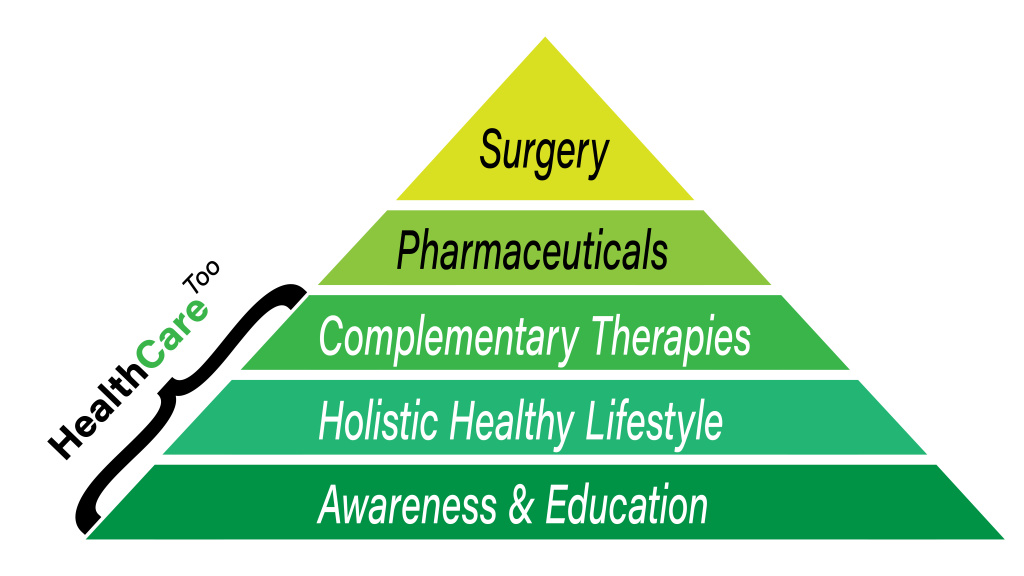Red Meat Hurts Gut Health
A new study has highlighted additional concerns that red meat hurts gut health. Long known for fats and cholesterol, red meat may produce additional interactions that impact gut health which can increase heart disease.
For years we’ve been advised to go easy on the steak dinners, because research that has shown that diets low in red meat are healthiest for our hearts.
Now, new research is continuing to uncover details about how a diet that includes too much red meat can impact our risk of heart disease, including heart attack and stroke. And it’s not just about fats and cholesterol.
Past research spearheaded by Stanley Hazen, MD, Chairman of the Department of Cellular and Molecular Medicine at Cleveland Clinic’s Lerner Research Institute, has established that bacteria in the gut is a key player in red meat’s effect on heart disease risk.
Gut bacteria produce a compound called trimethylamine N-oxide (TMAO) when they digests choline, lecithin and carnitine, which are nutrients that are abundant in animal products such as red meat and liver, as well as other animal products. High levels of circulating TMAO in the body have been shown to be a powerful tool for predicting future heart attack, stroke and death risk.
You also enjoy Omega 3 Can Cut Heart Attacks




